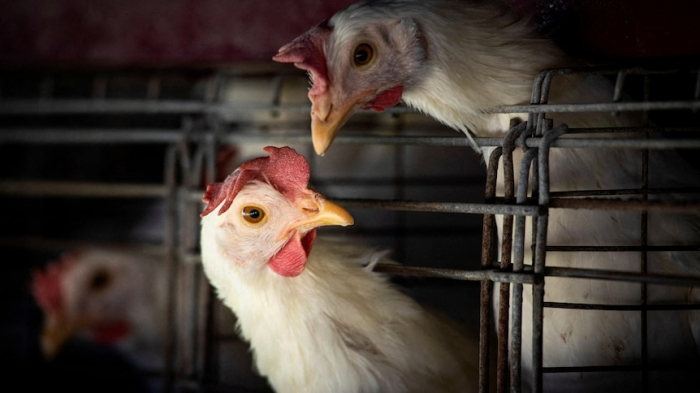The World Health Organization (WHO) has confirmed the child who contracted Australia's first human case of a "severe" subtype of bird flu was likely exposed during a trip to India last month.
The WHO said on Friday, local time, that genetic sequencing showed the avian influenza virus was H5N1 — a strain that circulates in South-East Asia and has been detected in previous human infections and in poultry.
"Although the source of exposure to the virus in this case is currently unknown, the exposure likely occurred in India, where the case had travelled, and where this clade of A(H5N1) viruses has been detected in birds in the past," it said in a statement.
The two-year-old girl from Victoria had travelled to Kolkata in India's state of West Bengal from February 12 to February 19, returning to Australia on March 1, the WHO said.
The child was hospitalised on March 2 and remained there for more than two weeks before making a "full recovery", according to Victoria's health department.
The WHO said, as of May 22, no close family contacts in Australia or India had developed symptoms.
"Additional information provided by the family indicates that the case did not travel outside of Kolkata, India, and did not have any known exposure to sick persons or animals while in India."
Victoria's Chief Health Officer, Clare Looker, had previously said it was unclear how the child had picked up the virus, but noted when humans contracted H5N1, it was usually from exposure to poultry.
"So either visiting poultry farms or live wet markets, which have birds at them, or if they've had a lot of contact with domesticated birds," she said.
"Occasionally, people can also get it from handling the meat or eggs of infected birds.
"We couldn't identify a clear event that led to this child's infection, but we suspect it's one of those things."
Amesh Adalja, an infectious disease expert at the Johns Hopkins Center for Health Security, said while it would be difficult to do months after the fact, an investigation was needed to see if the child was in contact with poultry or other birds.
More about: #WHO
















































